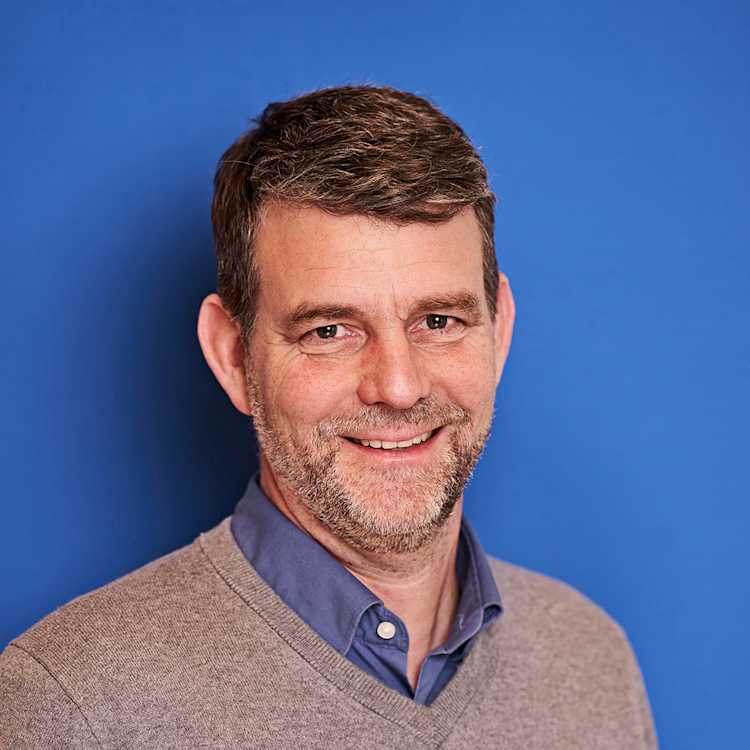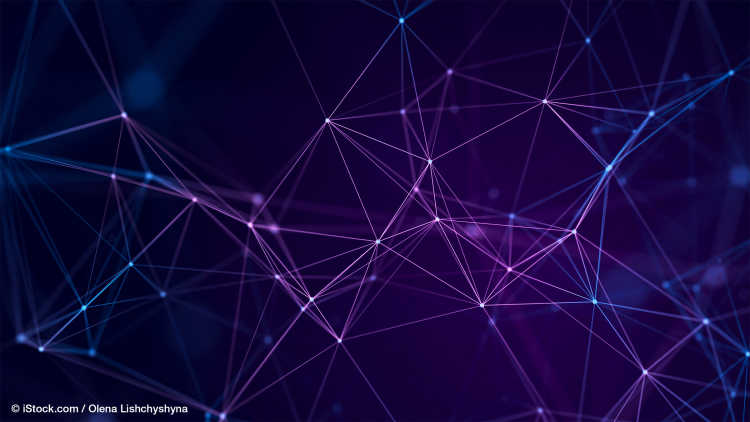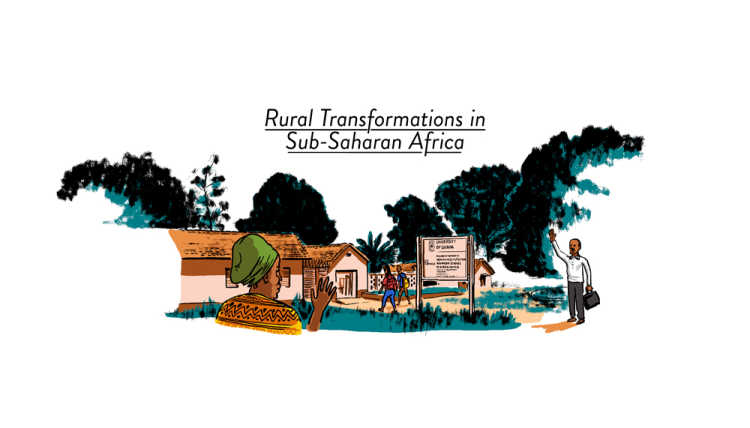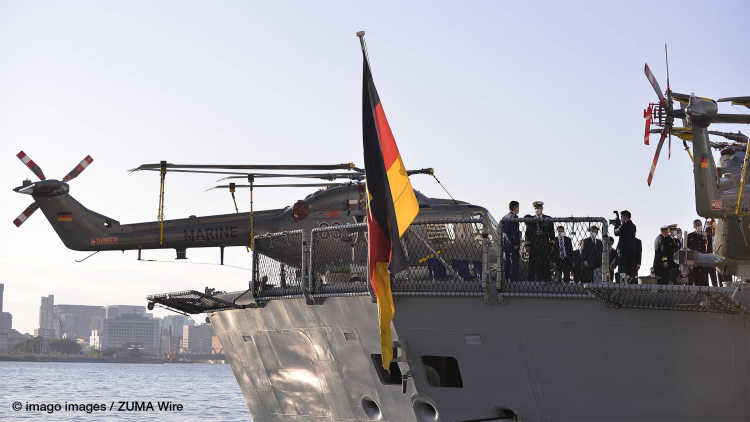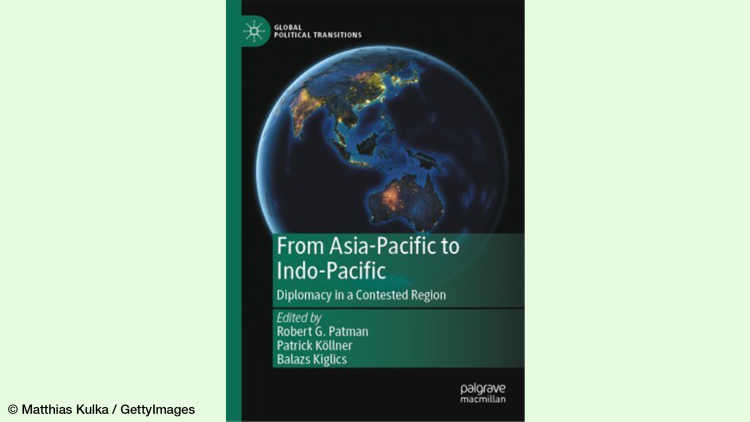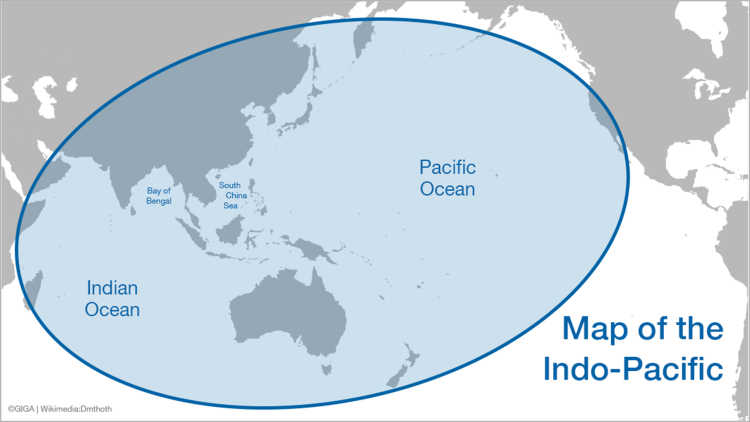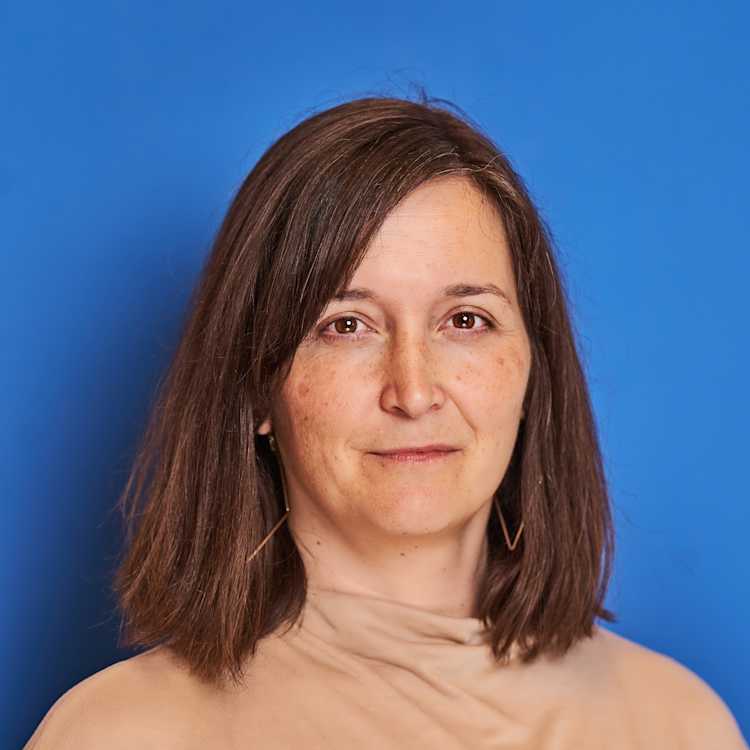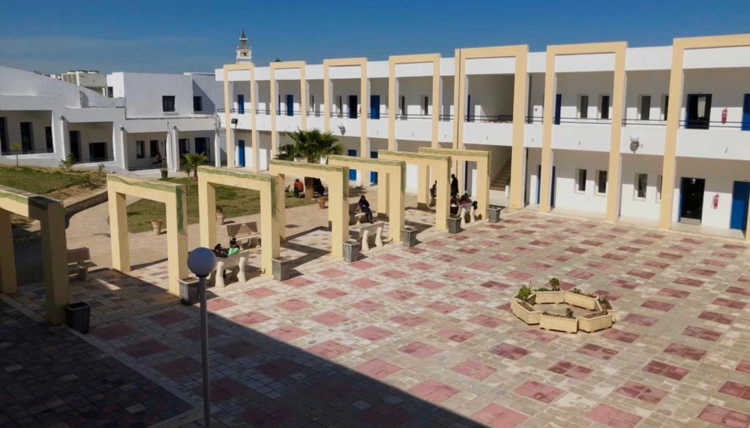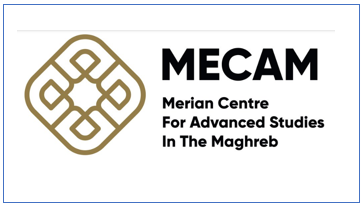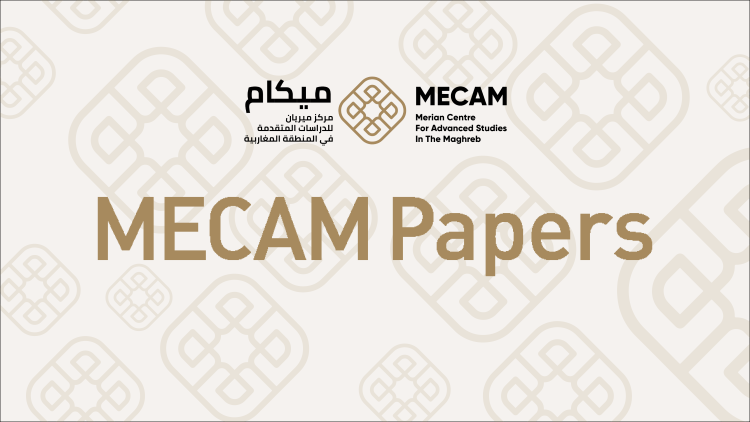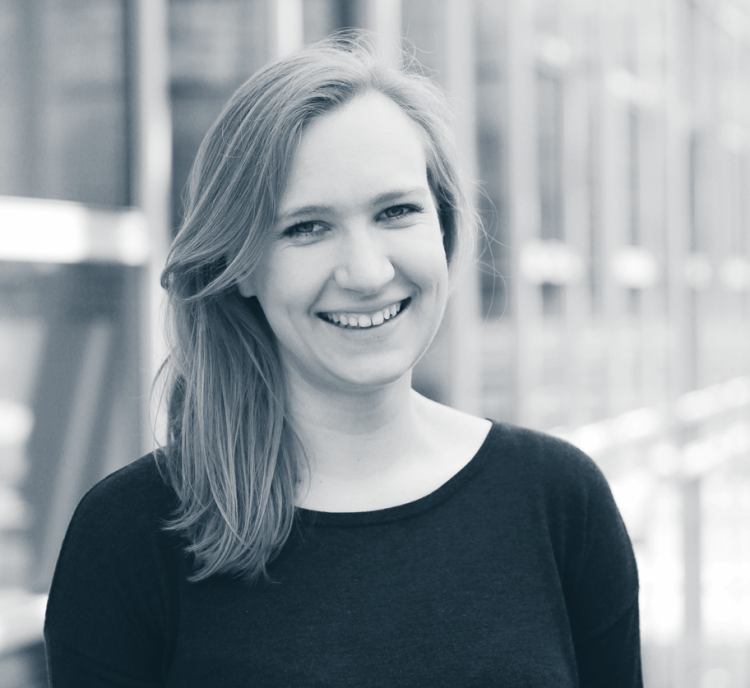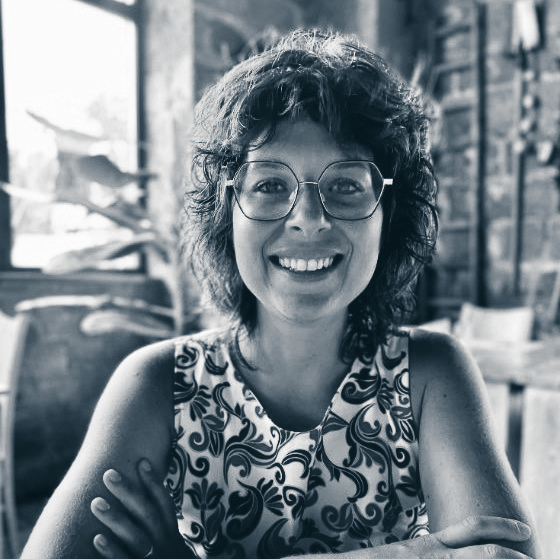- Home
- Research & Transfer
- Research Platforms
Research Platforms
Exchange and cooperation with scholars from around the world form a decades-long tradition at the GIGA. Since 2015 we have been intensifying and consolidating this cooperation with the help of a new medium: the GIGA Research Platforms.
Exchange and cooperation with scholars from around the world form a decades-long tradition at the GIGA. Since 2015 we have been intensifying and consolidating this cooperation with the help of the GIGA Research Platforms. Through these platforms we are collaborating with leading partners in Africa, Asia, Latin America, and the Middle East on research topics of joint interest and are laying the foundations for international, evidence-based policy advice. The GIGA also works closely with German organisations based in each of the partner countries, including the embassies.
Alongside collaborative field research, we organise conferences and workshops as well as exchange stays among scholarly staff; new research findings are presented in joint publications.
These activities not only aim to increase the profile of the GIGA’s research results in our study regions and to create a link to relevant debates; they also serve to integrate and help mainstream in other regions of the world the findings and viewpoints emerging from these local contexts.
Our regional Research Platforms are a key element in our pursuit of a well-founded, inclusive, and pluralistic view of research and policy.
Research Platform Africa
The Research Platform Africa aims to intensify and consolidate cooperation with distinguished partners in sub-Saharan Africa and foster collaboration on research topics of joint interest.
MIASA, based at the University of Legon, Ghana, is one of five Maria Sibylla Merian Centres for Advanced Studies, funded by the German Ministry for Education and Research (BMBF). Its overall aim is to work towards a reduction of global asymmetries in knowledge production and to bridge the cultural divide between anglophone and francophone Africa. MIASA’s thematic focus is on sustainable governance. The GIGA contributes to this research, has a member on MIASA’s executive committee, and organises – together with partners from Ghana – the “MIASA Policy Conferences.”
The editors of Africa Spectrum, a renowned African Studies journal published by the GIGA, co-organised a publishing workshop for scholars from across Africa working on issues related to politics, society, and economy on the continent as well as on addressing sustainable governance.
In 2022, the GIGA Institute for African Affairs established the GIGA Speaker Series on African Affairs. Distinguished speakers from leading African research institutes and universities are invited to give public talks, both in person and online, as well as to participate in internal sessions seeking to lay the foundations for further joint projects.
Contact
Activities
Research Platform Asia
Since 2015, the GIGA has operated a Research Platform in Asia that aims to intensify collaboration and exchange between academia, think tanks, the German Federal Foreign Office, political foundations, and other partners. Activities include joint academic conferences, workshops, and policy-oriented events, as well as staff exchange. The Research Platform Asia also allows us to explore innovative forms of collaboration and establish new partnerships with institutions in the wider Indo-Pacific and in Europe. In recent years, we have co-organised several academic events in Beijing, Dunedin, Kuala Lumpur, New Delhi, Phitsanulok, Tokyo, Ulaanbaatar, and Yangon. Joint activities with academics and journalists from the region have also taken place in Hamburg and Berlin. A significant number of edited volumes, special issues of peer-reviewed journals, and other publications have resulted from these events. In terms of institutional collaboration, the Research Platform Asia benefits from cooperation agreements with the China Foreign Affairs University in Beijing, the Manohar Parrikar Institute for Defence Studies and Analyses in New Delhi, the University of Otago in Dunedin, and the University of Virginia in Charlottesville. In Tokyo, the GIGA is represented by its Senior Research Fellow Dr. Iris Wieczorek. Since 2017, the GIGA granted several “GIGA India Fellowships” to India specialists to spend time as Visiting Fellows at the GIGA Institute for Asian Studies. Some former Visiting Fellows are now Associates of the Institute. Together with its French partner, the Institute for International Studies (CERI) at Sciences Po Paris, in 2021 the GIGA launched the Franco-German Observatory of the Indo-Pacific, which organises a webinar series, joint conferences, and other forms of knowledge exchange.
Contact
Activities
Research Platform Latin America
Consolidating and expanding its collaborative work with leading universities and research institutes in Brazil and beyond is a primary objective of the Research Platform Latin America. In addition to with our main cooperation partner, the Pontifícia Universidade Católica do Rio de Janeiro (PUC-Rio), we have been working closely together with a further 10 institutions to organise joint international workshops and conferences, arrange mutual research visits, and discuss topics of shared interest with different target groups in the region. The Research Platform Latin America’s activities are interlocked with GIGA research projects, thus paving the way for synergies and institutional bonds supporting long-term cooperation.
Contact
Research Platform Middle East
The GIGA currently operates one Research Platform in North Africa (Tunis) and one in the Middle East (Beirut). They bring together academics and practitioners from the Arab world and beyond and enable the GIGA and its partners to jointly address issues of particular relevance for the involved institutions and researchers. Together with the L’Observatoire Tunisien de la Transition Démocratique (OTTD) in Tunisia and the Lebanese American University (LAU) in Beirut, the GIGA organises activities seeking a common impact on the scientific and political arenas in the locations of the respective platforms – these consist of international conferences and workshops, research cooperation, and mutual research visits.

